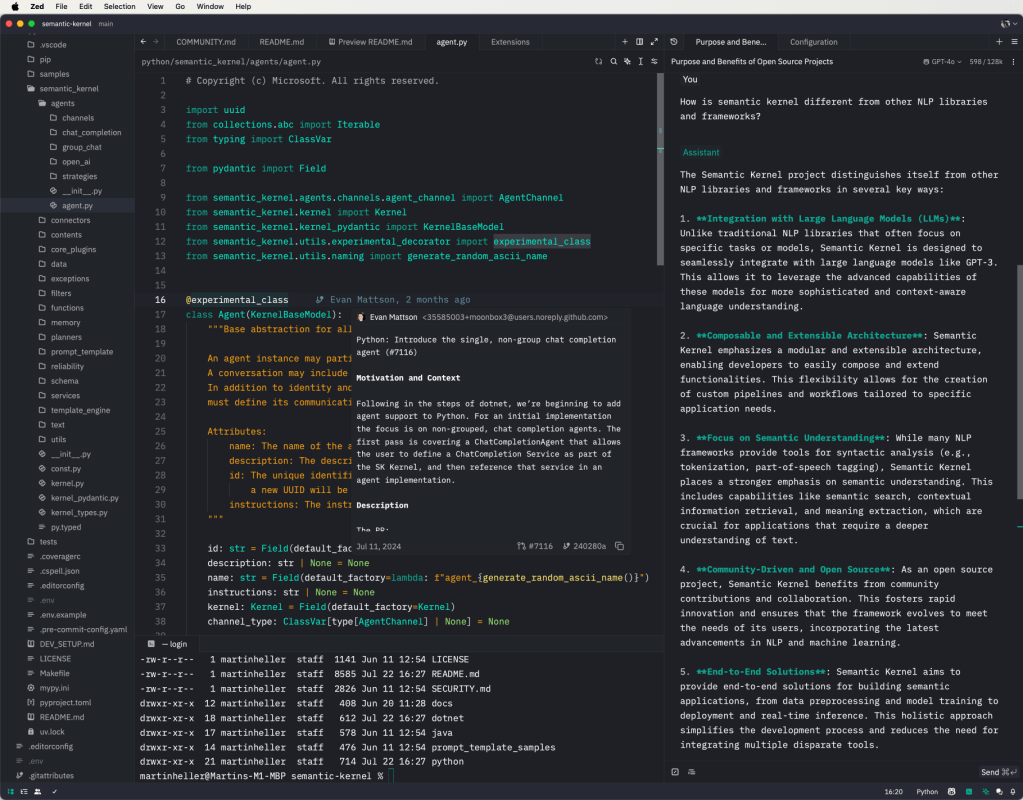
Navigating the Future: Essential Skills for an AI-Driven World
In the rapidly evolving landscape of technology, a seismic shift is reshaping the job market, particularly in the realm of artificial intelligence (AI). As machines take over mundane tasks and enhance complex decision-making processes, the demand for specialized skills in AI has surged. A recent report by the World Economic Forum projects that by 2025, 50% of all employees will need to acquire new skills to stay relevant in their roles, while the AI sector is anticipated to create 97 million new jobs. This transformation highlights the urgent need for professionals to not only adapt but also thrive in this new environment.
 The unstoppable rise of AI-driven careers.
The unstoppable rise of AI-driven careers.
Why AI Skills Matter
The growing intersection of AI and the workforce is more than just a trend; it’s a necessity for career advancement and job security. Jobs requiring expertise in AI command a notable wage premium—some roles offer up to 25% higher salaries than their traditional counterparts. Given this lucrative potential, it’s no surprise that the skills necessary to excel in AI are increasingly being emphasized in job postings and professional learning programs alike.
However, as AI capabilities expand, so does the breadth of skills required. Below is a comprehensive look at 10 essential skills that will equip individuals to navigate the complexities of AI-driven careers.
1. Machine Learning: The Bedrock of AI
At the core of AI lies machine learning (ML), a skill that continues to dominate the demand spectrum. Mastering algorithms, data preprocessing, and model evaluations are pivotal. Tools like TensorFlow and scikit-learn provide excellent platforms for learners to build their foundational knowledge.
2. Programming Languages: Python and Beyond
Among programming languages, Python stands out as the most sought-after for AI roles due to its versatility and extensive library ecosystem. However, knowledge of other languages such as R, Java, and C++ can further enhance a developer’s toolkit, providing more options for tackling diverse programming challenges.
3. Natural Language Processing (NLP)
With a notable 35% rise in job postings for NLP skills in 2023, this area has become critical for engaging with AI applications that interact with users through language. Proficiency in libraries like NLTK and spaCy can provide a competitive edge.
4. Deep Learning
Deep learning techniques involve mastering neural network architectures and frameworks such as PyTorch and Keras. This is essential for applications in computer vision, speech recognition, and much more.
 Exploring the depths of neural networks.
Exploring the depths of neural networks.
5. Data Science and Analytics
The ability to manipulate and analyze data is fundamental in AI. Tools like Python’s pandas library enable professionals to derive insights from complex datasets, thus making data-driven decisions a reality.
6. Ethical AI Usage
As AI continues to permeate various sectors, understanding the ethical implications of AI is crucial. Professionals must study bias detection, fairness, and privacy-preservation techniques to ensure responsible AI deployment.
7. Cloud Computing for AI
Proficiency in major cloud platforms—AWS, Azure, and Google Cloud—is becoming increasingly necessary, particularly their AI and machine learning services. Familiarity with these platforms allows for scalable AI solutions.
8. AI-Powered Automation Tools
Integrating AI into automation workflows can significantly enhance operational efficiencies across industries. Professionals must explore various tools and methodologies to leverage AI for automation, thus reducing costs and improving productivity.
9. Explainable AI (XAI)
In regulated industries, the demand for explainable AI is on the rise. The ability to interpret and explain AI outputs is paramount to building trust and ensuring compliance in applications where decision-making is critical.
 Automation tooling in AI systems highlights clarity and transparency.
Automation tooling in AI systems highlights clarity and transparency.
10. AI Security
As AI systems become integral to numerous applications, understanding their vulnerabilities is crucial. This involves defending against threats like adversarial machine learning and developing techniques to secure AI models against data breaches.
The Economic Landscape of AI
The implications of adopting AI skills extend beyond individual careers; they are reshaping entire industries. Sectors most exposed to AI are witnessing nearly five times higher productivity growth compared to those that are less engaged with AI technologies. As businesses invest in AI, the global market is projected to surge to over $1.3 trillion by 2030, driven by a compound annual growth rate estimated between 25 to 35 percent.
Continuous learning and adaptation are crucial for professionals looking to stay ahead in this fast-paced environment. As AI continues to transform the landscape of work, those equipped with the right skills will be positioned for success in tomorrow’s economy.
The Tools: Zed and Cursor
Developers looking for efficient coding environments will also benefit from innovative tools like Zed and Cursor, both designed to enhance productivity through AI integration:
- Zed: A high-performance editor that facilitates collaboration with both humans and AI, offering a fast and flexible coding experience.
- Cursor: A fork of VS Code, optimized for increased productivity, boasting unique AI-enhanced coding features.
In conclusion, mastering these ten critical skills is paramount for anyone looking to thrive in the age of AI. The landscape is complex, and as technology evolves, so too must our capabilities. The future is here; it’s time to embrace it.
Further Reading
Conclusion
While traditional skills may still hold value, the ability to harness AI effectively will set apart the leaders of tomorrow. As the demand for these talents escalates, so too does the opportunity for personal and professional growth.
Stay up to date with the latest trends in AI and enhance your skill set to ensure you’re not left behind!















